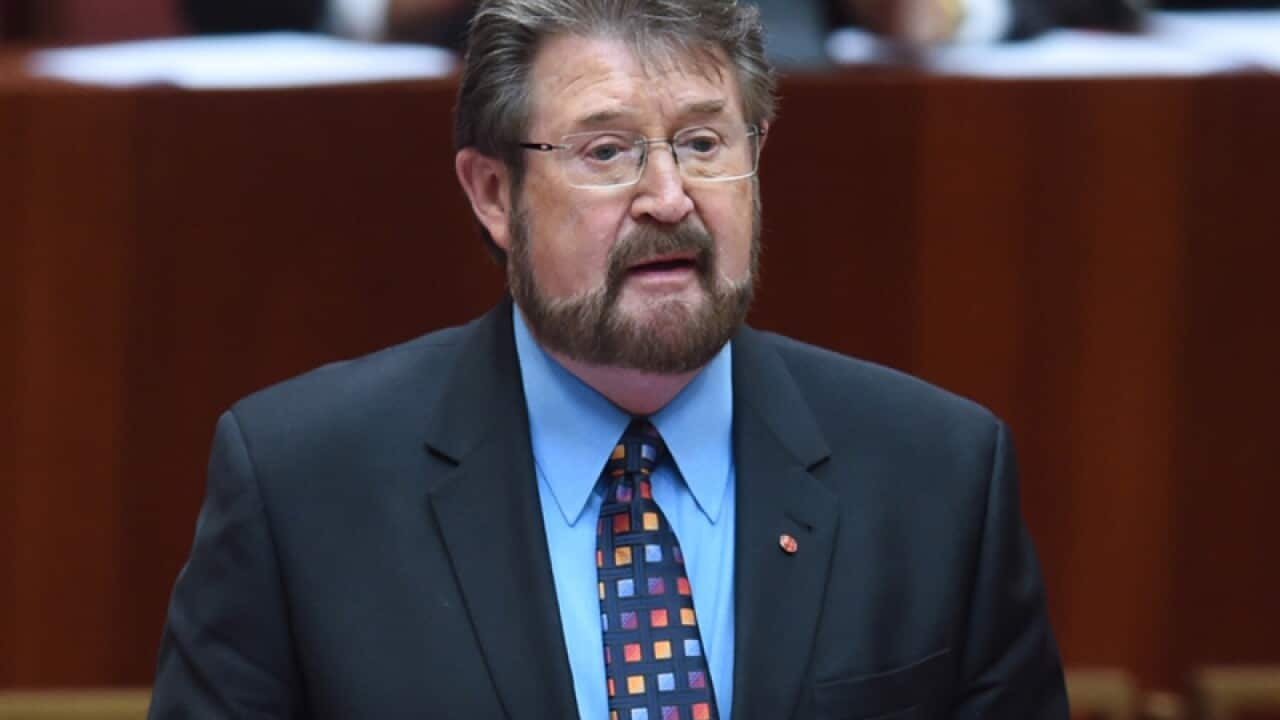The Turnbull government is hoping to pass just over $5 billion in cuts from the social security sector over the next four years in a bill to be introduced to parliament on Wednesday.
The so-called omnibus bill contains a suite of revised welfare reforms, including changes to childcare payments and paid parental leave.
The bill would also introduce a four-week waiting period for young job seekers trying to get on income support payments.
Pensioners who have spent less than 35 years of their working life in Australia will also have their pension payments cut if they spend more than six weeks overseas, instead of 26 weeks as it curently stands.
The Coalition is trying to consolidate multiple welfare payments that assist families with the cost of childcare into one means-tested payment.
It will also remove a $7500 cap on the childcare rebate for families earning less than $185,710 each year.
Families on the lowest incomes will receive the highest level of subsidy, with 85 per cent of their childcare costs covered, while families in the highest income bracket will have just 20 per cent subsidised.
"They are the most comprehensive reforms to the way in which Australian families are supported to access early learning and childcare that the nation has ever seen," Education Minister Simon Birmingham said.
"We are abolishing the...complicated mix of different payments and replacing them with one new childcare subsidy that is better targeted to provide the greatest assistance to the most hardworking, lowest-income families in Australia."
The childcare reforms are packaged in an omnibus bill that will include changes to the Family Tax Benefit and paid parental leave.
Annual paid parental leave will be increased from 18 to 20 weeks, but new mothers will still be prevented from accessing the full benefit if their employer also offers paid leave.
The government will also offer a slight increase in fortnightly Family Tax Benefits payments while still discontinuing the associated annual supplement. The Senate has previously blocked moves to wind back the supplement.
Labor and The Greens are unlikely to support the bill.
"If you're on Family Tax Benefit Part A, that's worth $728 per child, the government is abolishing that supplement. They are then providing a fortnightly increase, but the net effect - where families will end up - is still worse off," Labor's families and social services spokeswoman Jenny Macklin said.
"The government should actually come clean and tell Australian families that they will be around $200-a-year worse off as a result of that change alone."
The Coalition will need a majority of crossbench senators to back the bill for it to pass through the Upper House.
Social Services Minister Christian Porter said he was hopeful the crossbench would cooperate.
"Anyone who voted against this position on paid parental leave votes against 96,000 of Australia's lower-income families getting two extra weeks of paid parental leave. That would be a very significant thing for anyone to do," he said.
Nick Xenophon said his team of three senators was getting closer to supporting the proposed reforms.
He said the government's softening on the Family Tax Benefit was evidence the Coalition was listening to the concerns of crossbenchers.
"It's like a big Rubik's Cube where we're trying to get all the pieces together. The government has clearly moved by improving the package, ensuring that there are additional benefits to people on a fortnightly basis," Senator Xenophon said.
"But there are a lot of moving parts in this...omnibus bill, so we'll keep talking to the government."
Economist Stephen Koukoulas of Market Economics told SBS News the $5.5 billion saving was a step in the right direction, but more substantial measures would need to be implemented in this year's Budget to get Australia's finances back to surplus.
"Every dollar helps when we’re struggling to get to that surplus, and we have been for the last four or five years, but 5.5 billion over four years is really only about one-and-a-quarter billion per annum, and when we’ve got budget deficits that are in the 20-30 billion dollar range, it’s not going to really change the overall picture."





